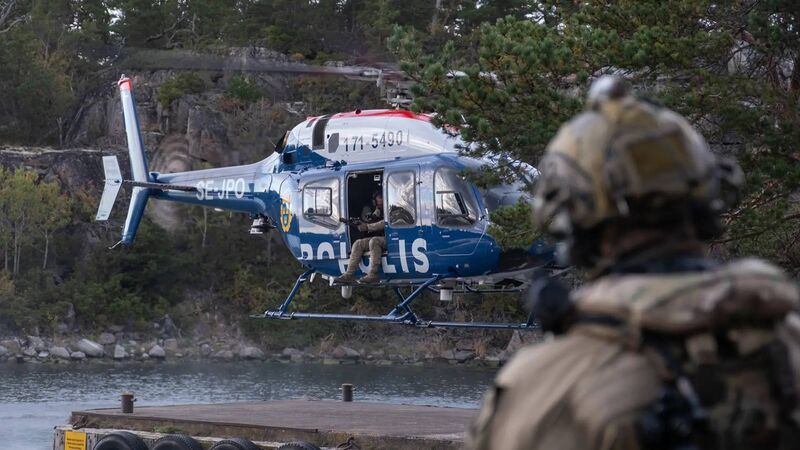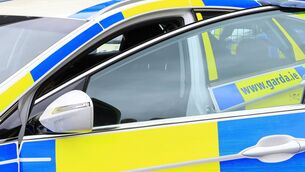Garda team observes Europol's simulated counter-terrorism naval exercise

The exercise, codenamed ‘Trident’, was carried out in the Stockholm archipelago and was part of the Atlas network. Picture: Europol
The Garda Emergency Response Unit observed a week-long simulated counter-terrorism naval exercise organised by Sweden and the EU police agency Europol.
Ten member states took part in the various exercises, and three states — including Ireland — were there as observers.










